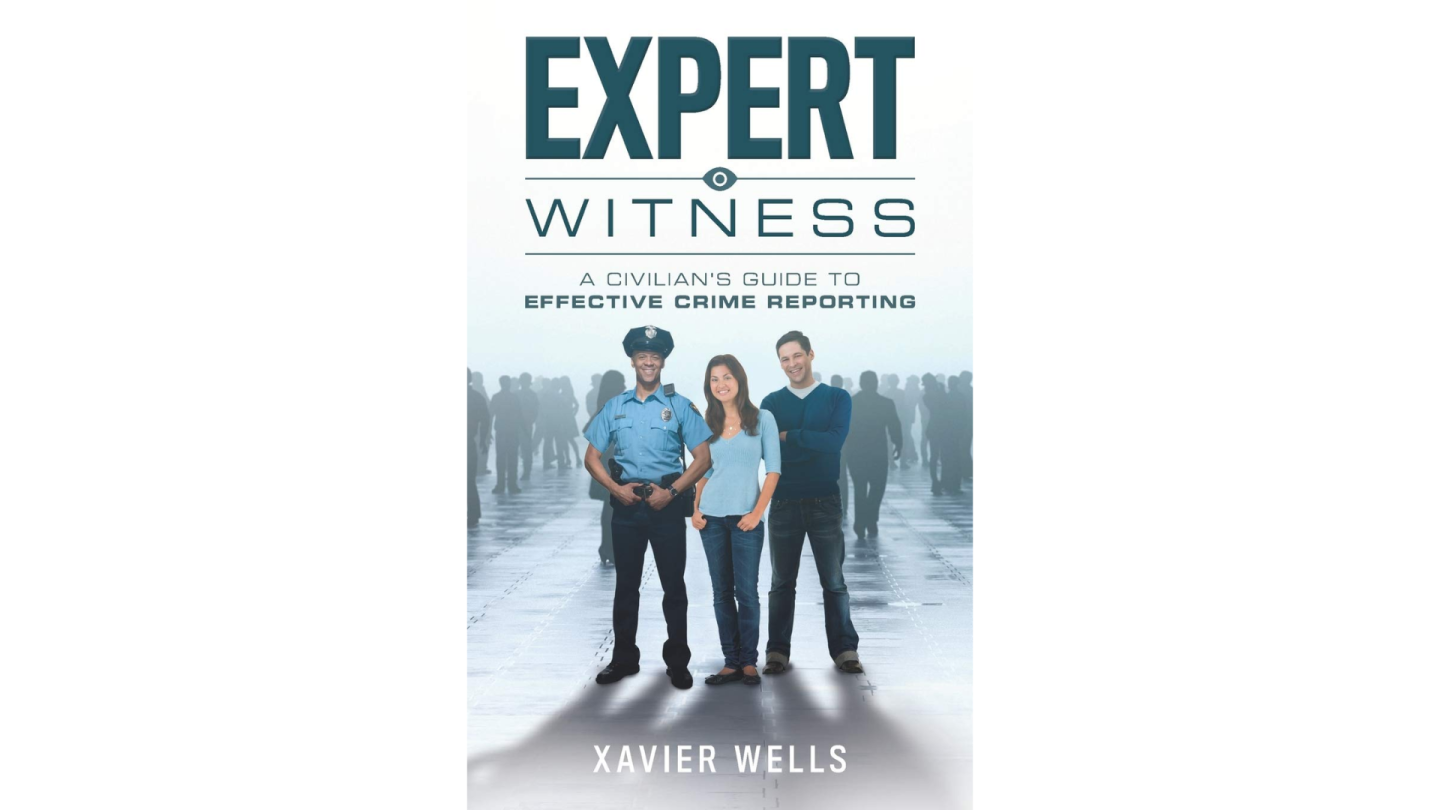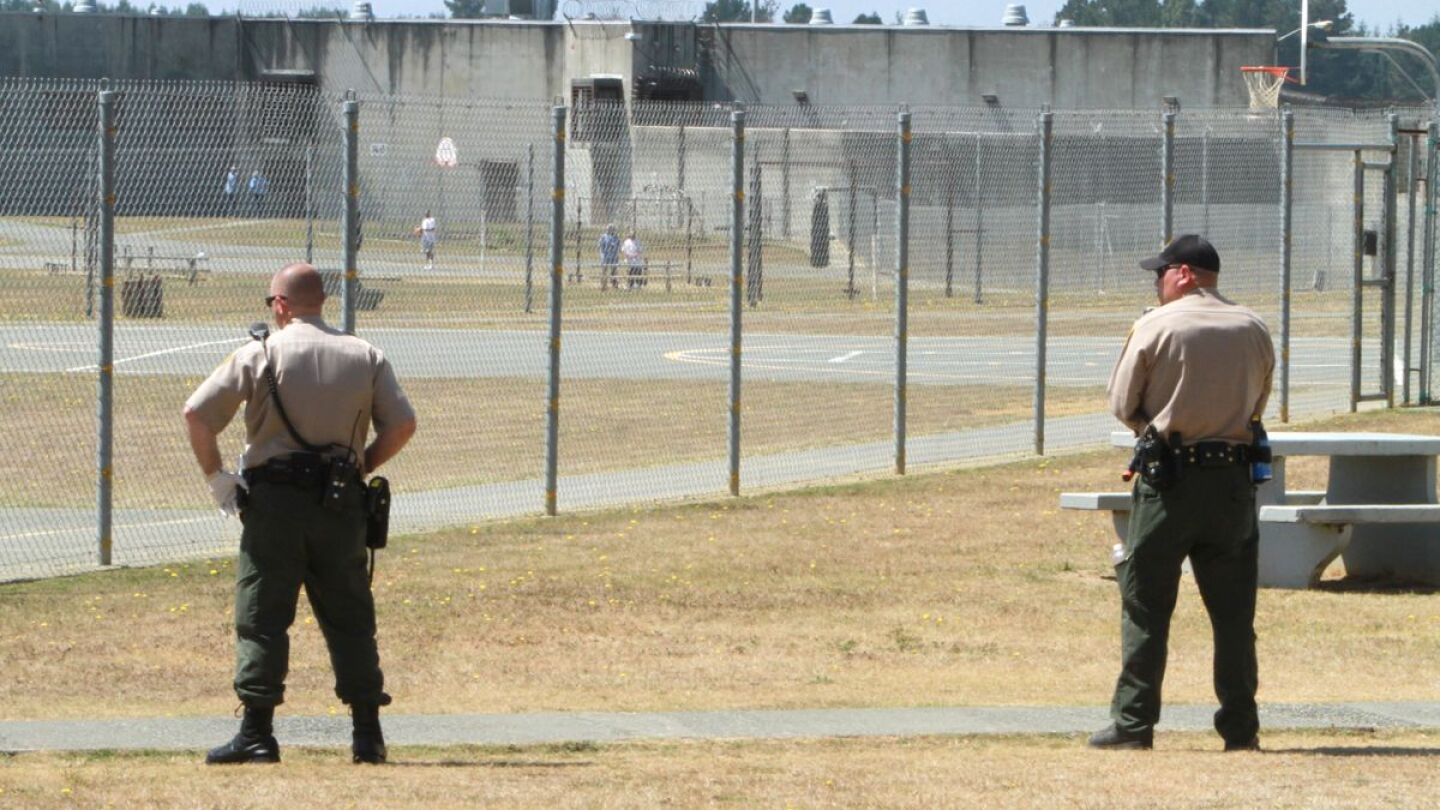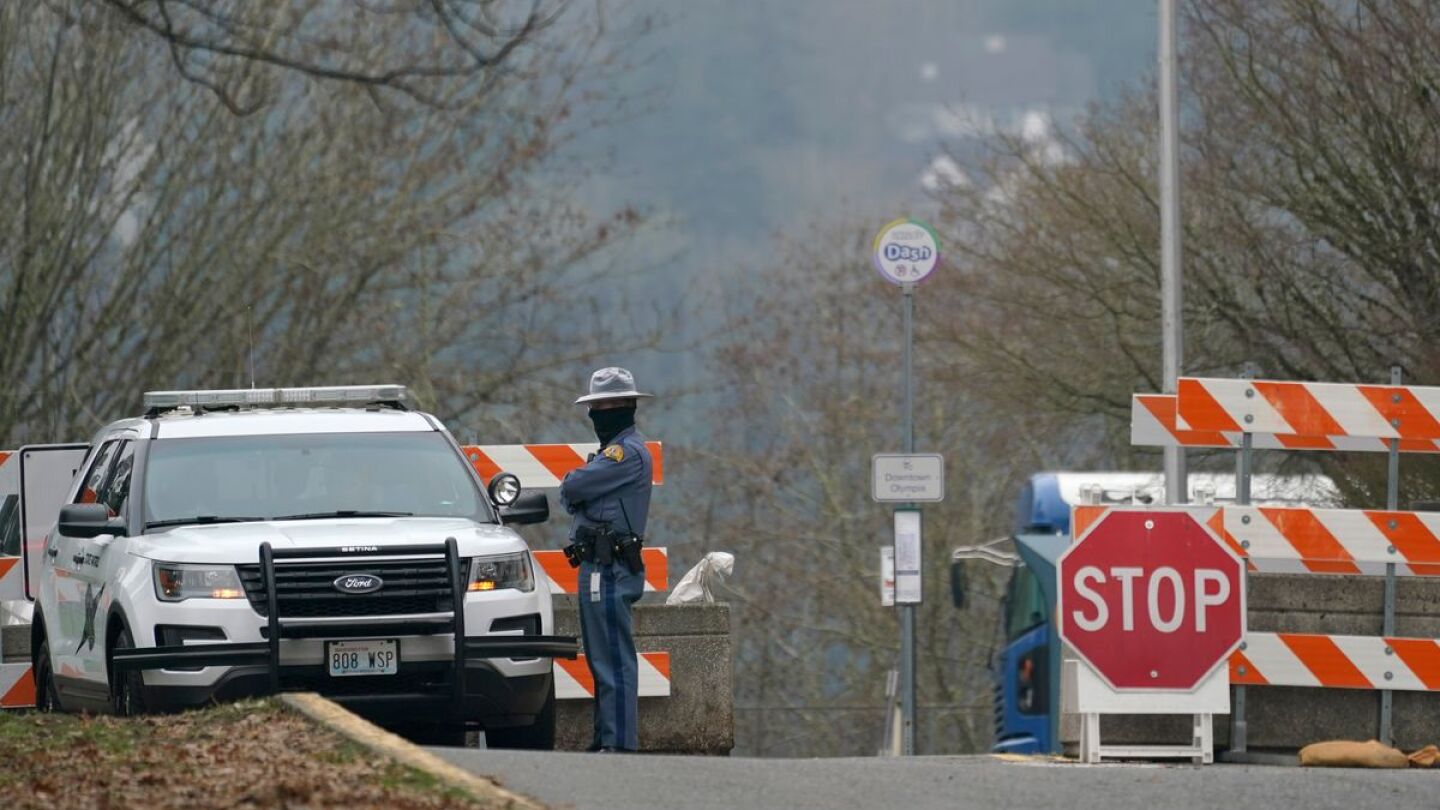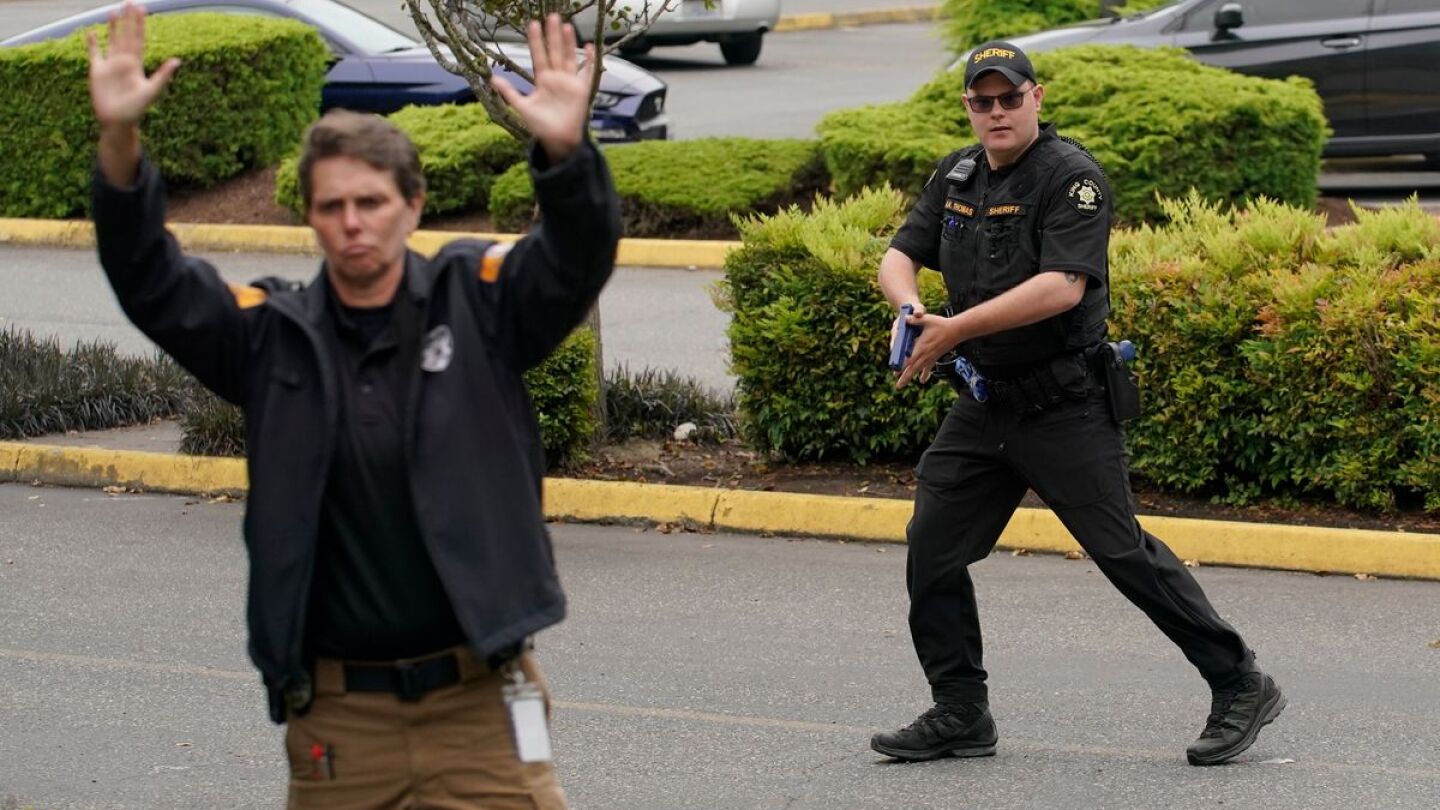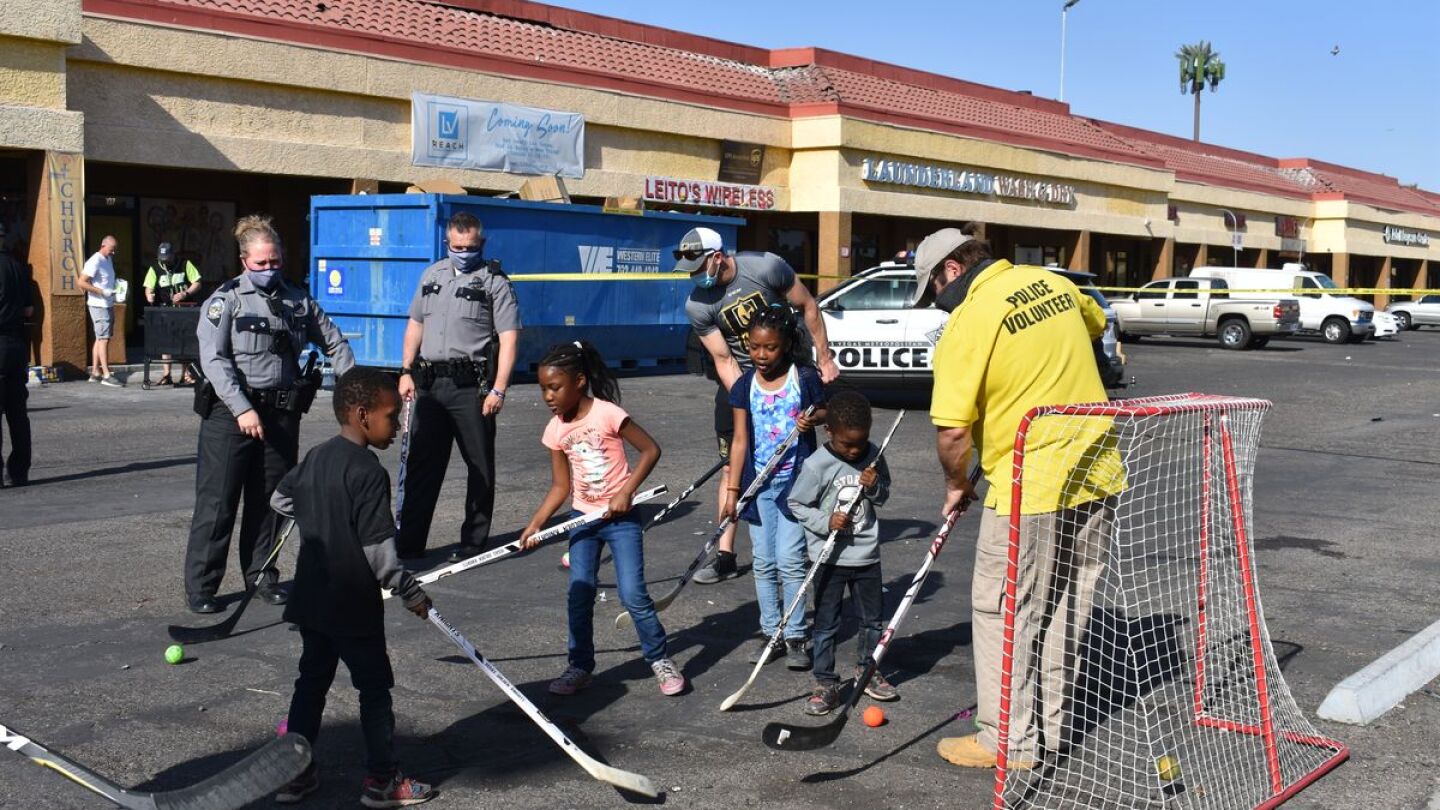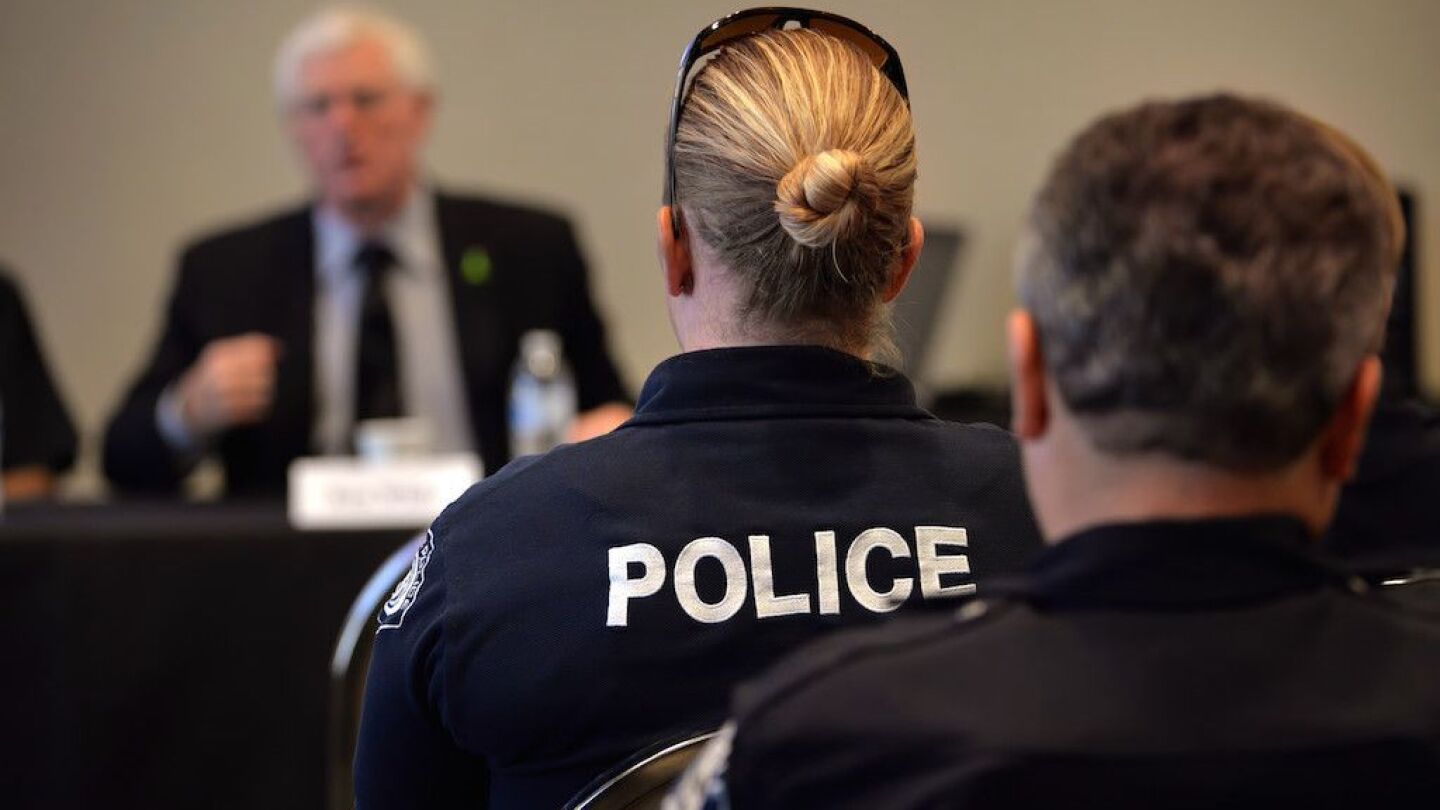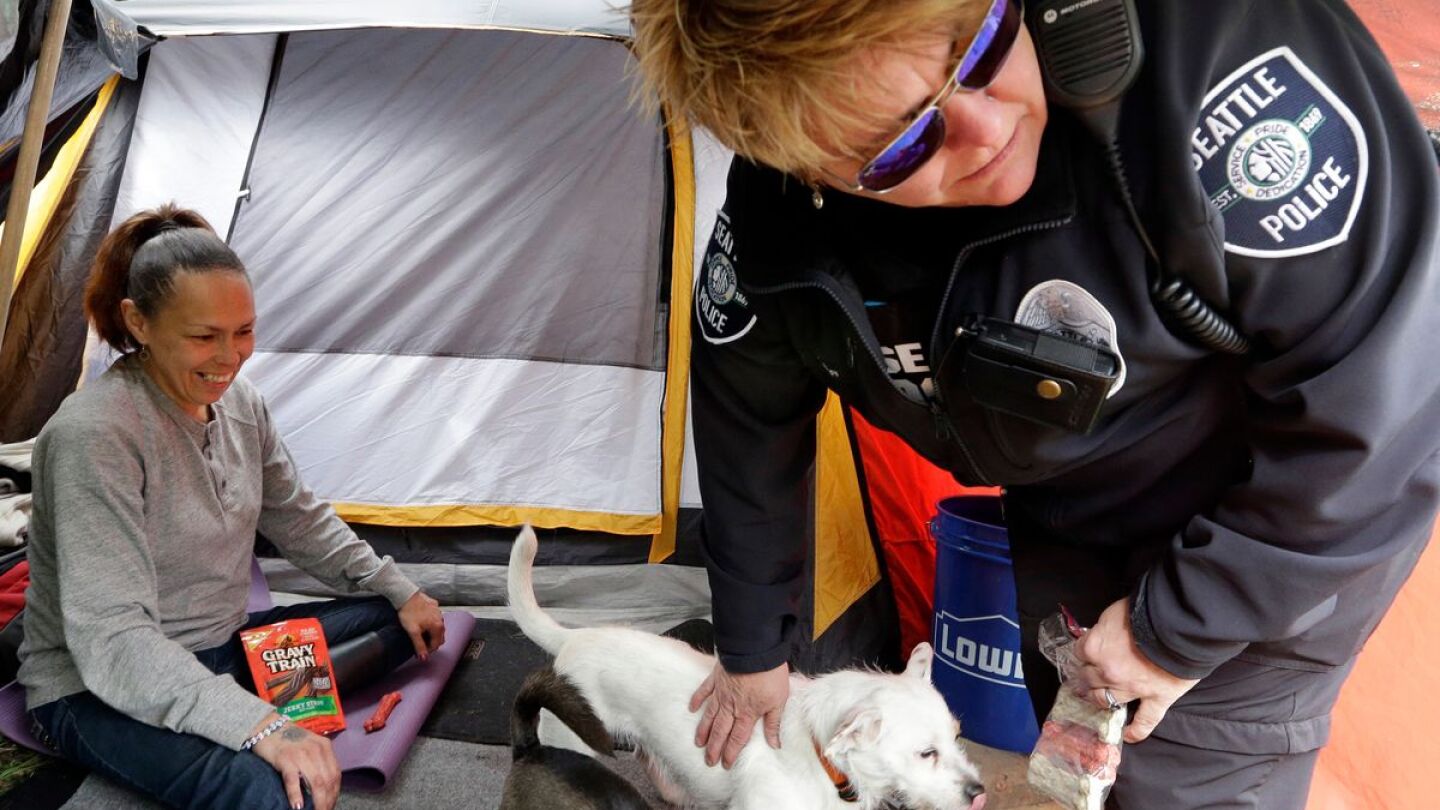Letter to America
The Letter to America topic provides law enforcement officers and police advocates a platform to explain the complexities of critical issues impacting policing to a civilian audience. Content addresses why the New York water attacks matter, how the war on drugs is waging a war on us and how civilians can support quality policing. If you are interested in writing a “Letter to America,” email editor@police1.com with a short description of your proposed letter.
A reminder that when trust in public institutions feels fragile, America still runs on the quiet work of public servants who never asked for your vote
A brutal ambush, a fallen deputy and a judge’s stunning ruling — police demand answers after two alleged cop killers are granted bond
This is a day to show the men and women in blue how much we value them, their service and protection of our communities
A common complaint officers hear from citizens is, ‘What took you so long?’
At scale, drones as first responder programs will be one of the most positive and impactful technology-driven changes to the safety of our cities ever
A recent spate of LODDs requires immediate action against the rising incivility, failed criminal justice reforms and the mental health crisis that endanger police officers’ lives
The discourse surrounding the crisis in police staffing has omitted an unsettling emergent pattern: the steady erosion of democratic protection through the privatization of safety
Officers are under unprecedented stress, working long hours and in many cases feeling little support
Corrections officers, our protectors, need your interest, research and compassion just as much as the infamous predators and anonymous inmates they protect us from
Parents, schools and law enforcement must work together to prevent young lives from being needlessly taken
Wanting equitable wages for rural cops is not about greed or ingratitude, it’s just economics
Our society cannot expect any reasonable person to put their life on the line without significant guarantees in terms of their compensation, benefits, personal liability and physical well-being
A reporter being hit by a vehicle during a live news report highlighted the danger of working near roadway incidents – a danger that proved fatal for two LEOs this past week
The notion of the least amount of force sounds nice, which makes it deceptively easy to believe – however, the concept is inherently flawed
When asked to predict an assailant’s intent, officers can only guess, based on articulable observations compared with experience
A new report highlights many examples of positive community-police engagement from 58 police foundations
Real reform means accepting that change is hard and expensive – but it’s worth it, if you do it right
Training is a necessity and should be an ongoing priority at every police agency, but getting it done is not as simple as it may seem
If you think so, you are out of your mind
When law enforcement practices become political fodder, both officers and civilians lose
To rebuild trust between police and the public, neither party can hold on to stereotypical views of the other
To the family of a fallen law enforcement officer, it represents the death of someone they love
It is critical the public understand the many ways school resource officers protect our children
While no solution will likely attract everyone as signatories, any reform must be credible and impactful to succeed
A letter to the American public: Why police reform must address immunity and evidence-based training
Just as we use evidence-based medicine to determine treatments, we should use evidence-based research to determine police policies
In an analysis of 80 countries, only Iraq and Afghanistan had lower training requirements to become a police officer than the United States
My husband has spent 20 years serving the public – I only wish that as a police spouse, I could carry some of the emotional burden that service has caused
Concerned citizens must act to ensure equity and opportunity in their communities
It is not always easy for officers to compartmentalize all the hurt they have encountered on calls without it having an effect on their own psyches
MOST POPULAR
- A letter to the American public: Public safety will shine during the COVID-19 pandemic
- A letter to the American public: Why you must decide what you want from cops
- A letter to the American public: The COVID-19 pandemic national emergency is a call to serve
- A letter to the American public: Why the New York water attacks matter
- Cops weigh in: Letter to the public about LE





